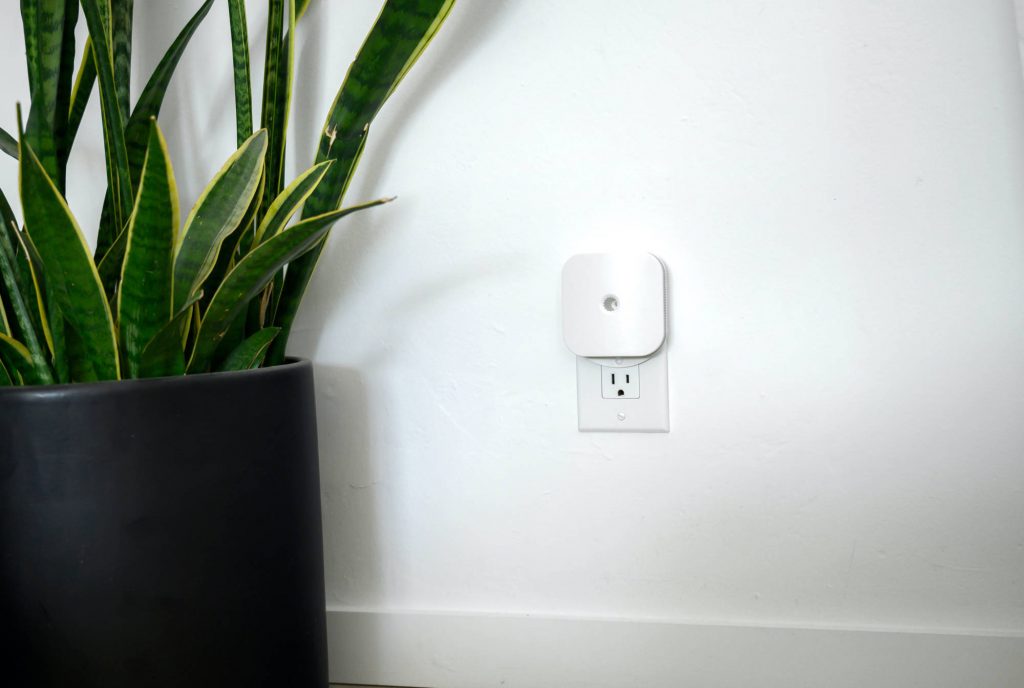
Long beloved by musicians for its vibrant venue scene and enthusiastic fans, Austin has become a music-festival mecca. The city’s renowned music, film and technology festival, South By Southwest, aka SXSW, is usually held in March. While SXSW took a COVID pause in 2020, and went virtual for 2021, the live Austin festival is back for 2022. The behemoth gathering typically brings in a flood of out-of-state visitors, along with (in 2019), an economic impact of $330 million. A whopping 450,000 people, many visiting from outside the city, attend October’s two-weekend Austin City Limits festival. This popular festival draws big-name talent, and rustles up $265 million in revenue for Texas’s capital city.
With more than 10,000 unique short-term vacation rentals spread all over the city and its suburbs, and with Austin’s sky-high hotel room rates during festival season, it’s no surprise that many visiting festival-goers opt for STRs over hotels. It’s also no surprise that parties, excessive noise, trash, and occupancy violations associated with festival revelers, can pose problems for owners, property managers and neighbors alike.
As post-lockdown “revenge travel” heats up, and live Austin festivals are once again on the city’s schedule, short-term-rental bookings are booming. So, how do Austin short-term vacation rental hosts and managers reap festival-visitor revenue benefits while protecting against noise ordinance violations, permit penalties and property damage?
- Practice smart guest vetting, and pay attention to red flags.
- Consider requiring a two-night minimum stay for your Austin short-term vacation rental during festival dates.
- Make sure you state “parties are strictly prohibited” in your house rules, and set out penalties for violating this rule.
- Install a privacy-safe noise measurement device both indoors and out.
- Require a refundable security deposit.
- Make sure you have the right property insurance for your Austin short-term vacation rental.

1. Practice smart guest vetting, and pay attention to red flags.
When you use listing sites like Airbnb or Vrbo, which allows upon-request bookings, look at a guest’s history before you accept their booking. Peruse the potential guest’s reviews. Are they consistently positive? Do previous hosts describe them as being respectful? Quiet? Personable? Responsible? You can also ask the guest direct questions—within limits. For example, you can ask the guest to tell you a bit about themselves. You can also ask if they have any special plans while in town. But don’t dig for personal information like who they associate with, or if they have a college degree, or, it should go without saying, their race or religion. Also, mention your house rules, and see how the guest reacts.
If you find negative reviews of your potential guest, or if he or she seems evasive or inconsistent in answering your questions, take note, and move on. A guest who has been flagged for bad behavior or for violating house rules in the past, or who won’t respond candidly and promptly to your basic questions, is more likely to cause costly problems such as noise ordinance violations or property damage.
2. Consider requiring a two-night minimum stay for your Austin short-term vacation rental during festival dates.
Some cities and counties actually require a two-night minimum stay on holidays or dates that overlap local events or festivals. While Austin currently does not, you may want to impose this minimum yourself. Multiple-night minimums tend to weed out potential party-throwers. A two-night minimum also helps cut down on visitors who are just swooping into town for a full day (and night) of all-out festival revelry, which may include bringing the festivities and noise back to the property.
3. Make sure you state “parties are strictly prohibited” in your house rules, and set out penalties for violating this rule.
Most booking sites include “house rules” fields that hosts can customize with their own specific limits and expectations. These usually include minimum age of the primary renter, maximum occupancy, and whether special events or pets are allowed. In addition to specifying that “special events” are prohibited, make sure to state clearly that all parties are prohibited, and define what constitutes a party under your rules, and what the penalties are for violating the no-parties rule. Otherwise, guests may think that while weddings are not allowed, impromptu keggers are A-OK.

4. Install a privacy-safe noise measurement device both indoors and out.
Privacy-safe noise measurement lets you detect and mitigate excessive noise without violating guest privacy. NoiseAware noise sensors measure how loud a sound is by decibel level, and how long the sound is loud for. They do not identify specific sounds or record anything. Installing one sensor indoors, and one outdoors, is a simple process that can be done during property turnover between bookings.
Guests must be notified up front that the property is equipped with a noise sensor. The sensor can be operated remotely through a mobile app. If noise exceeds what is deemed acceptable, the host or manager receives notification, and can send the booked guest a simple text reminding them to lower the volume.
More than 70% of noise events are resolved with this initial text. Quickly and easily resolving noise issues has resulted in a nearly 30% reduction in damage claims by short-term-rental owners. Quick-response noise resolution also has resulted in a reported savings of $5,000 annually in unplanned costs that may include paying ordinance-violation penalties, or repairing or replacing property damaged during parties associated with festivals, events and holidays.
5. Require a security deposit.
This one is pretty much a no-brainer. If an Austin festival guest wants to book your short-term vacation rental property, they should be willing to put their money where their…er…suitcase is. Airbnb, Vrbo and other booking sites allow you to set a security deposit, and place a hold on funds through the payment method used to reserve the booking. You can then release the hold after the booking, or collect within a specified window after the booking period, if the guest causes damage. A reasonable security deposit shows that you care about your property, and gives you a measure of protection against losses.
6. Make sure you have the right property insurance for your Austin short-term vacation rental.
Protecting against short-term vacation rental damage before it happens is key. Fortunately, rigorous guest vetting, and two-night minimums can reduce your risk. So can firm house rules and privacy-safe decibel measuring, especially during festival seasons.
But sometimes, despite protections, damage does occur. In these cases, it’s critical to have the right kind of property insurance to cover your losses. Both Airbnb and Vrbo offer their own liability insurance. While these policies offer some protections, they have numerous exclusions that may leave you liable for out-of-pocket costs.
Currently, Austin’s STR licensing law requires only “proof of property insurance.” But that insurance may not cover STR damages related to rowdy guests, parties, or non-property liabilities such as personal assault on property. To ensure you’re fully covered, sign up for a plan that covers all of your vacation-rental insurance needs with one policy. Having complete coverage will help you sleep at night, even if the festival’s going strong all night long.
Natasha Garber covers short-term-rental industry news, regulations and compliance for NoiseAware. Her posts on STR property management technology, privacy-safe noise monitoring, and licensing laws can be found weekly on the NoiseAware blog.